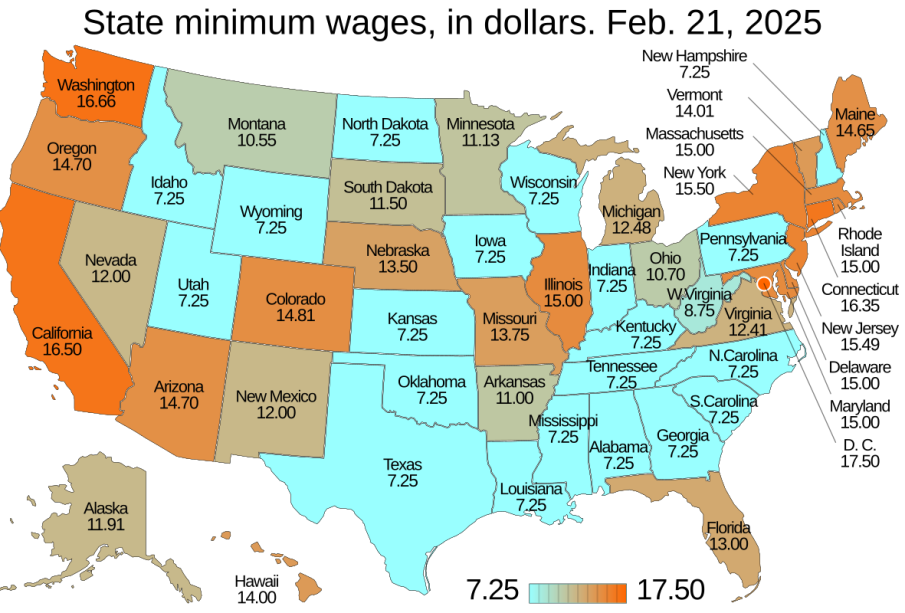The Current State of Minimum Wage in the UK: 2023 Insights

Introduction
The concept of minimum wage is vital in ensuring fair compensation for workers and combating poverty in the labour market. In the UK, the National Living Wage (NLW) and National Minimum Wage (NMW) set the legal minimum pay for workers, affecting millions across various sectors. As the cost of living continues to rise, discussions around increasing these minimum wage rates have intensified, making it a highly relevant topic in today’s socio-economic climate.
Changes to Minimum Wage Rates
As of April 2023, the UK government has implemented significant increases to both the NLW and NMW. The NLW, which applies to workers aged 23 and over, has increased to £11.00 per hour, whilst the NMW, which covers younger workers and apprentices, has also seen a rise. These adjustments reflect ongoing efforts to address inflationary pressures and provide a more adequate standard of living for employees.
Impact on Workers and Businesses
The rise in minimum wage is particularly significant as it directly impacts low earners who account for around 6 million workers, according to estimates by the government. Advocates argue that increasing the minimum wage is crucial for alleviating poverty and boosting morale among employees. Furthermore, these wage increases aim to stimulate the economy by enabling low-paid workers to spend more in local communities.
However, businesses, particularly small enterprises, are expressing concerns over the capacity to absorb these additional costs. Many fear that increased labour costs could lead to higher prices for consumers or even layoffs in extreme cases. Small Business Minister Kevin Hollinrake has suggested that clear communication between businesses and employees is vital to adapt to these changes while maintaining economic stability.
Future Outlook
Looking ahead, the debate surrounding minimum wage levels is expected to persist, particularly as inflation rates and living costs remain uncertain. The Bank of England projects that inflation will remain above target in the medium term, making it critical for policymakers to balance wage increases with economic growth. Additionally, the government has initiated consultations on future wage policies, inviting feedback from various stakeholders to shape the direction of minimum wage legislation.
Conclusion
The evolution of minimum wage rates in the UK reflects broader economic challenges and the need for a fairer labour market. As wages rise, the implications for both workers and businesses will continue to unfold. It is essential for all parties involved to engage in constructive discourse to find solutions that support a thriving economy, ensure fair compensation, and maintain employment levels. For readers, understanding these developments is crucial as they navigate their roles as consumers, employees, or employers in this dynamic economic landscape.








